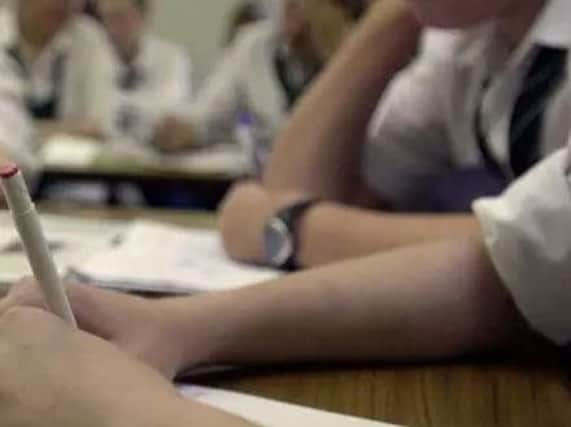Isolation booths punishment for 'vulnerable' school pupils criticised


Sally Kincaid, from the Wakefield branch of the National Education Union (NEU), said it was wrong that "vulnerable" students were being put into the booths as punishment.
The practice has been criticised in national media previously, with parents expressing concern about the impact it has on children.
Advertisement
Hide AdAdvertisement
Hide AdSpeaking at a children and young people scrutiny committee meeting on Wednesday, Ms Kincaid said: "These punishment booths, I couldn't possibly sit through six hours and not be able to speak.
"I couldn't do that, and I'm an adult. How are we putting vulnerable teenagers through this?
"We've got to have hard arguments about this, because if you do this, the good stuff you do (as a school) won't matter, because these kids are just going to end up in bother."
The issue was reported by The Guardian last September, who contacted the Outwood Grange Academies Trust over its use of the punishment, which it calls "the consequence room".
Advertisement
Hide AdAdvertisement
Hide AdThe trust's behaviour policy, which can be found online, says in relation to the booths, "Do not sit with your head on the desk or go to sleep. You may put your head on your hands but NOT on the desk and if you do this you must be looking forward.
It adds that silence is required at "all times" and that if a student "fails" the consequence room they must report back to it between 8.25am and 3.30pm the following day.
In response to The Guardian, the trust said: "The use of isolation booths and rooms allow students to calm down, reflect and often self-correct their behaviour that may have led to that situation.
"The trust employs all reasonable adjustments for students with special needs within their behaviour policy and invest in the pastoral and welfare support of all our students."
The trust was contacted about the practice on Thursday, following Ms Kincaid's comments, but has yet to respond.